- Newest
- Most viewed
Stay connected with us!

The Best Office Cubicle Plants to Brighten Your Workday
From low-maintenance varieties to creative display ideas, this guide helps you choose and care for office cubicle plants that thrive even in low light.
Workplace Inspiration | Jan 9, 2025 277 views

Navigating Regulations for Prefab ADUs in Northern California
Workplace Inspiration | Jan 7, 2025 756 views

Flux vs. Stable Diffusion: Which is Better for Image Generation?
Latest Updates | Jan 8, 2025 916 views
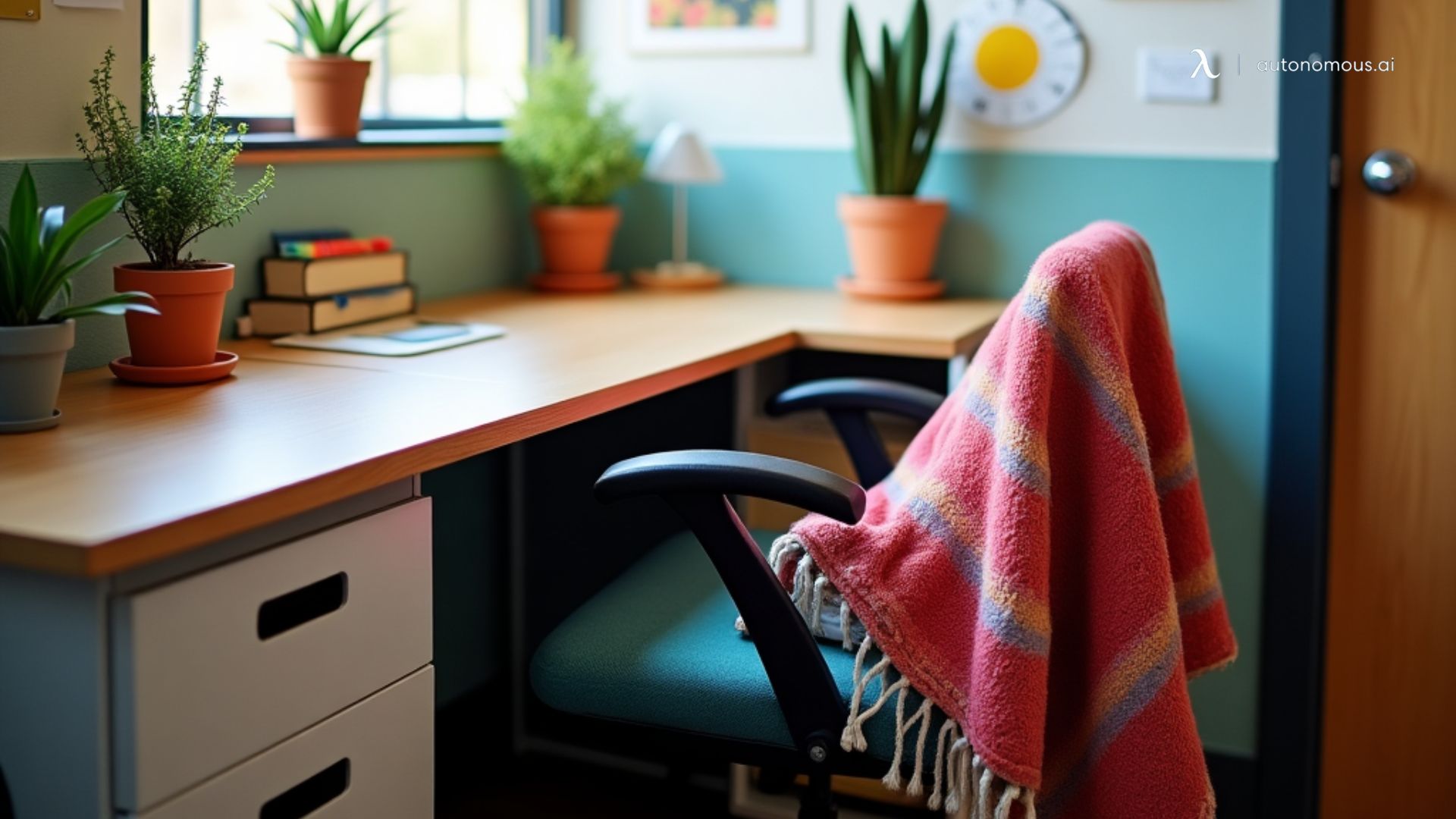
10 Cute Office Cubicle Decor Ideas to Boost Productivity
Workplace Inspiration | Jan 7, 2025 1,089 views
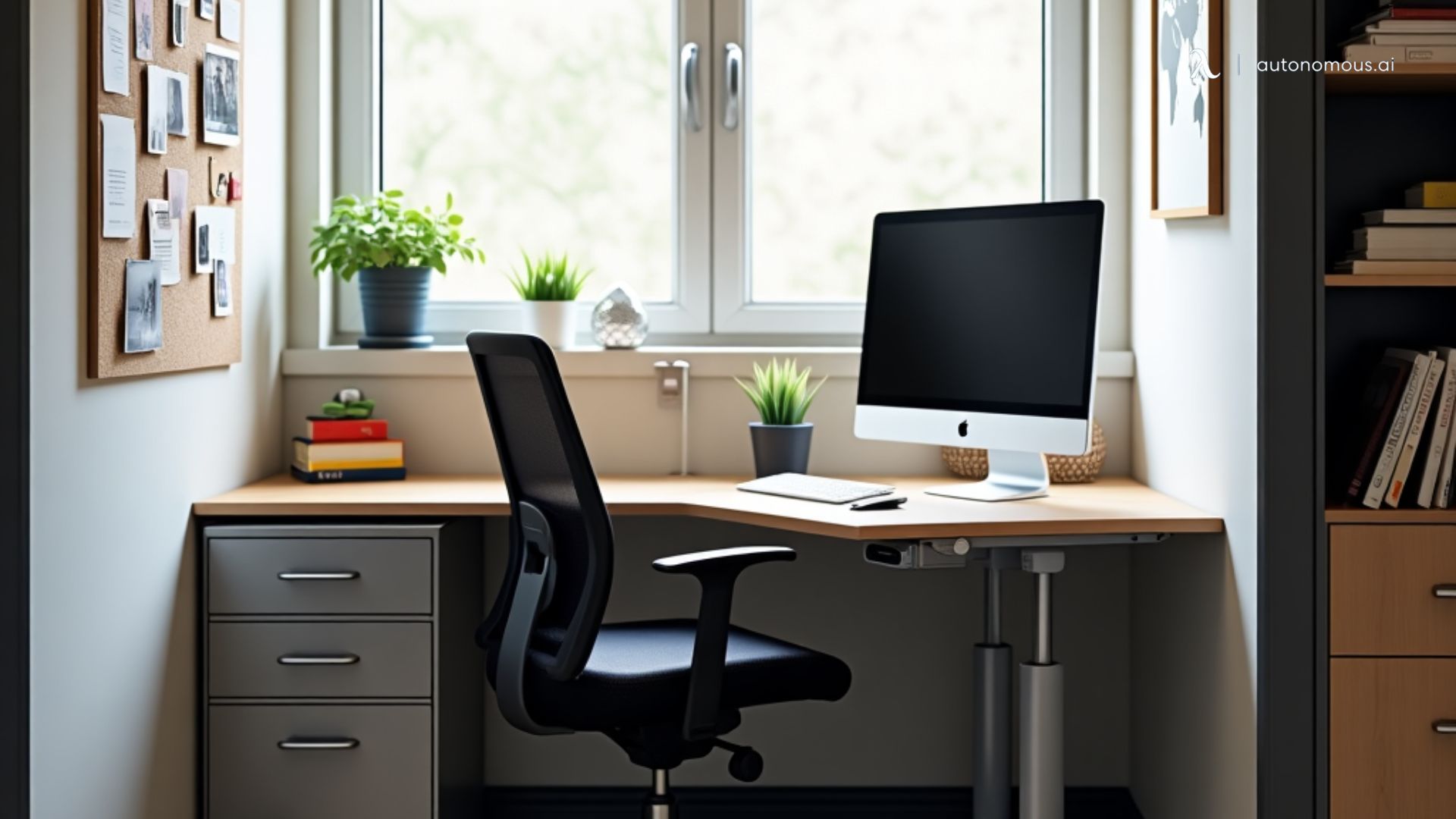
Making Your Cubicle with Standing Desk Work for YOU
Workplace Inspiration | Jan 7, 2025 701 views
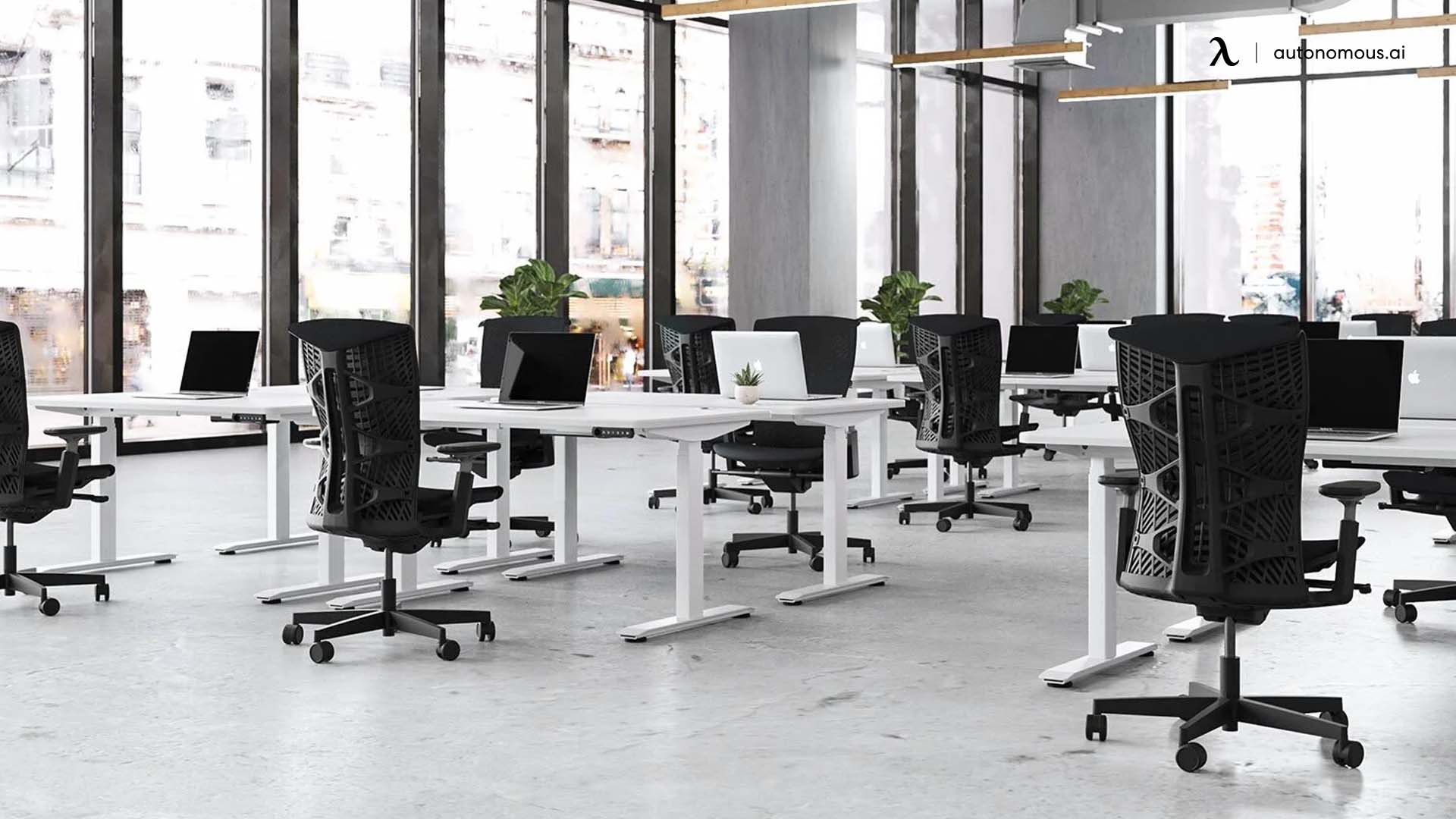
Best Coworking Spaces in San Francisco
Remote Working | Jan 9, 2025 245 views

Best Coworking Spaces in San Diego - Find Your Perfect Workspace
Productivity | Jan 7, 2025 500 views
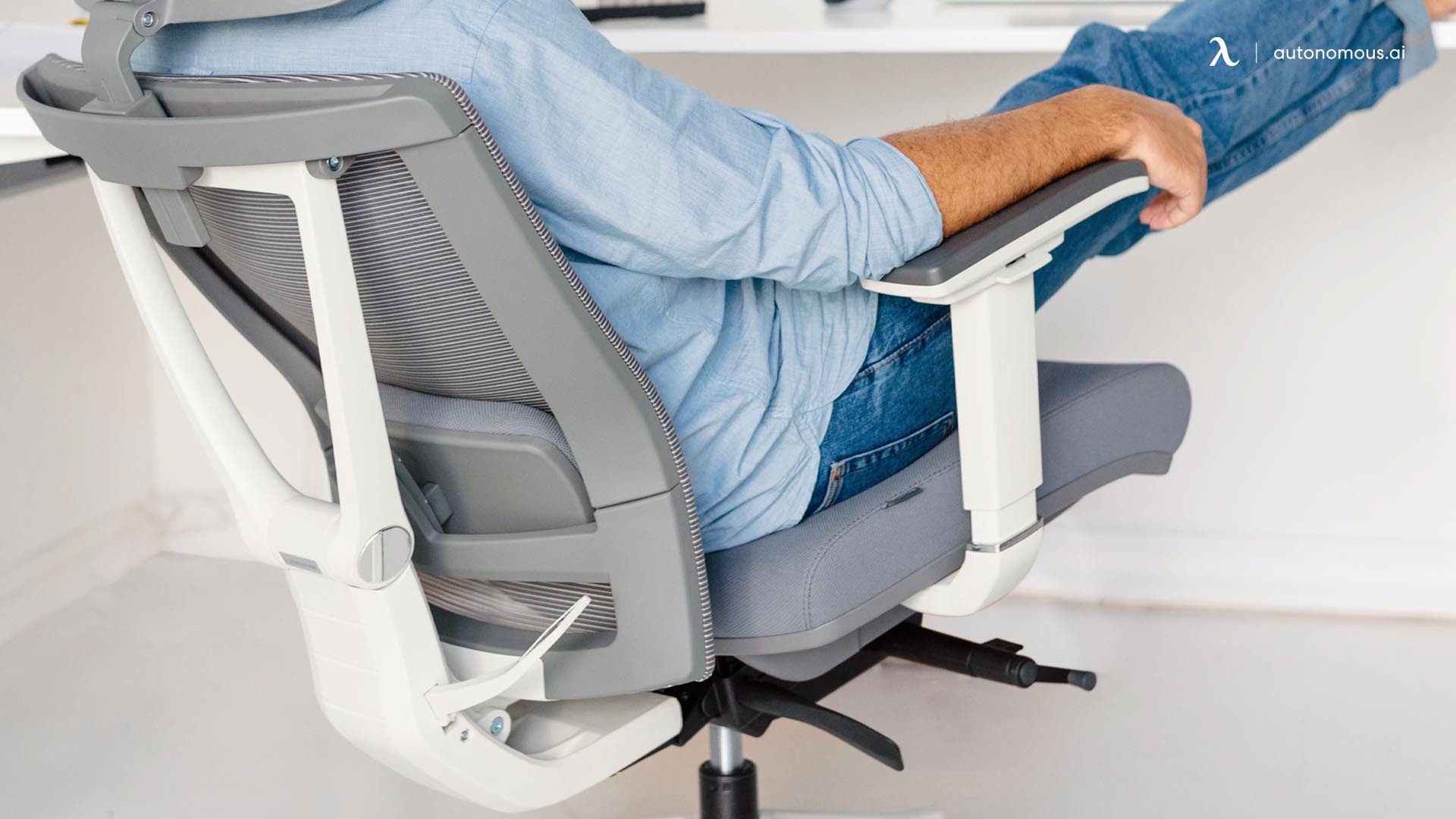
Molded Foam: The Ultimate Guide to Seat Cushions and Furniture Comfort
Smart Products | Jan 8, 2025 551 views
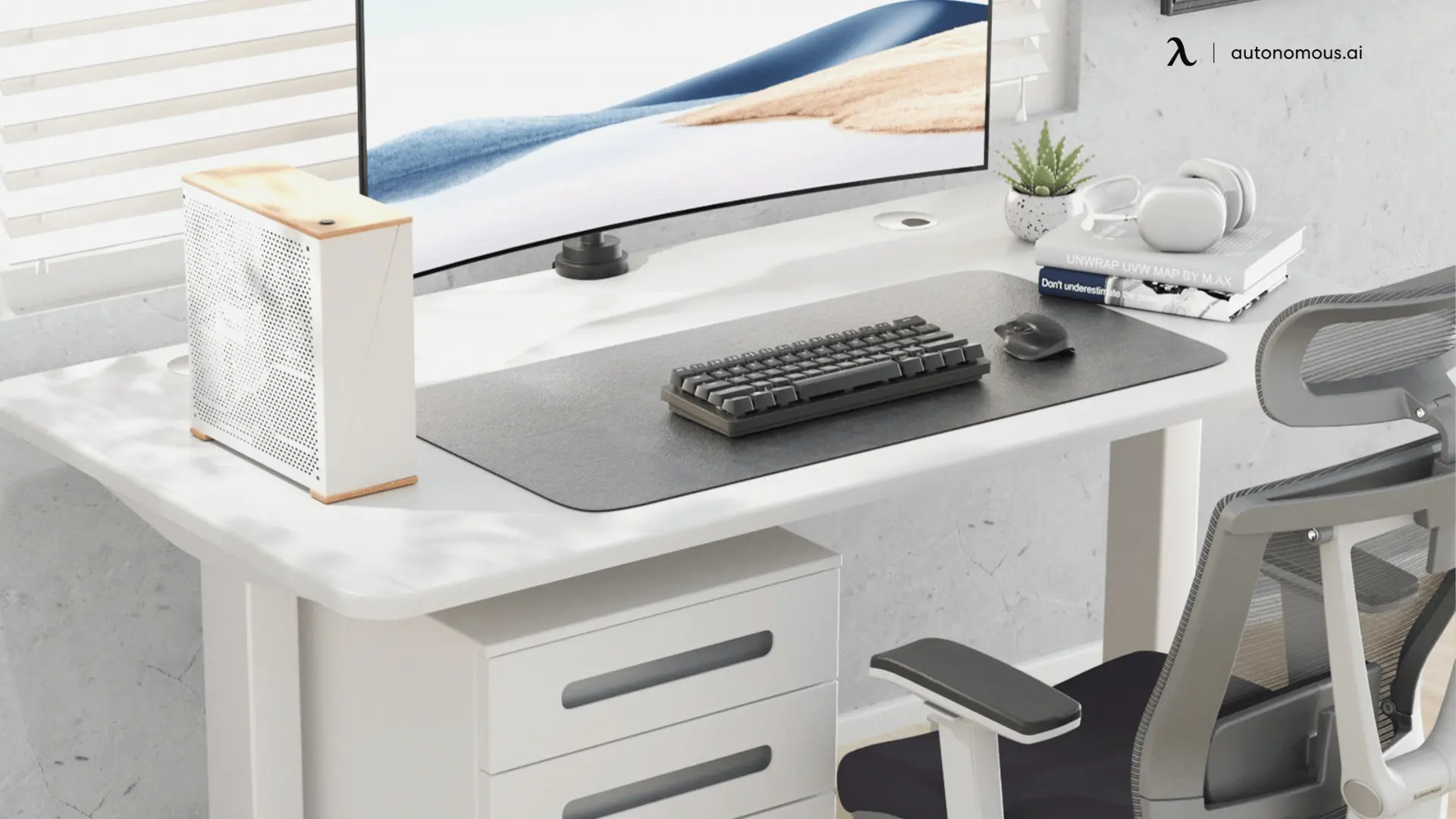
Best Desk Setup Under $1000: Ergonomic & Affordable Options
Workplace Inspiration | Jan 6, 2025 765 views
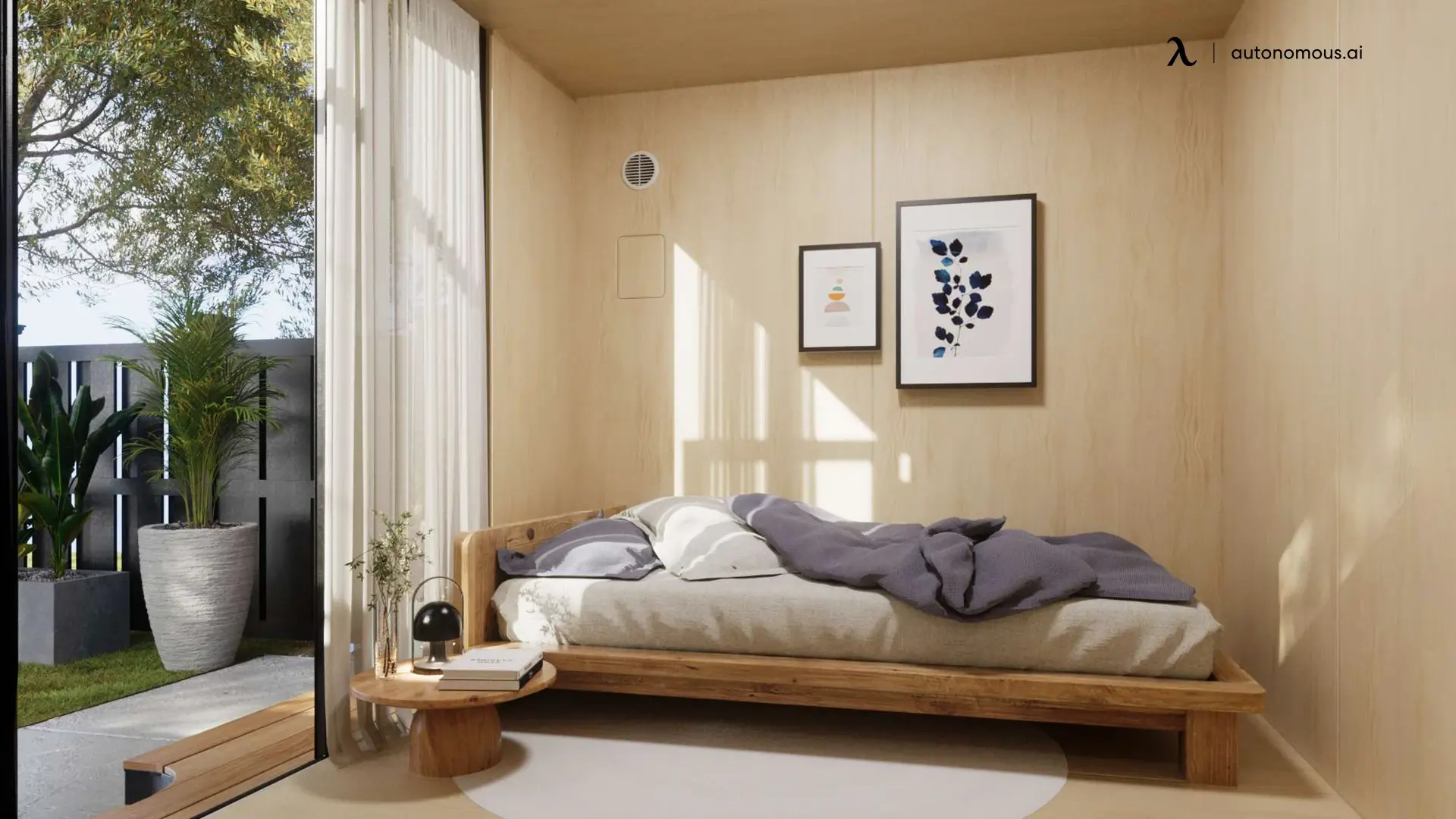
ADU in Minnesota: Prefab Options, Costs, and Regulations Explained
Workplace Inspiration | Jan 2, 2025 516 views
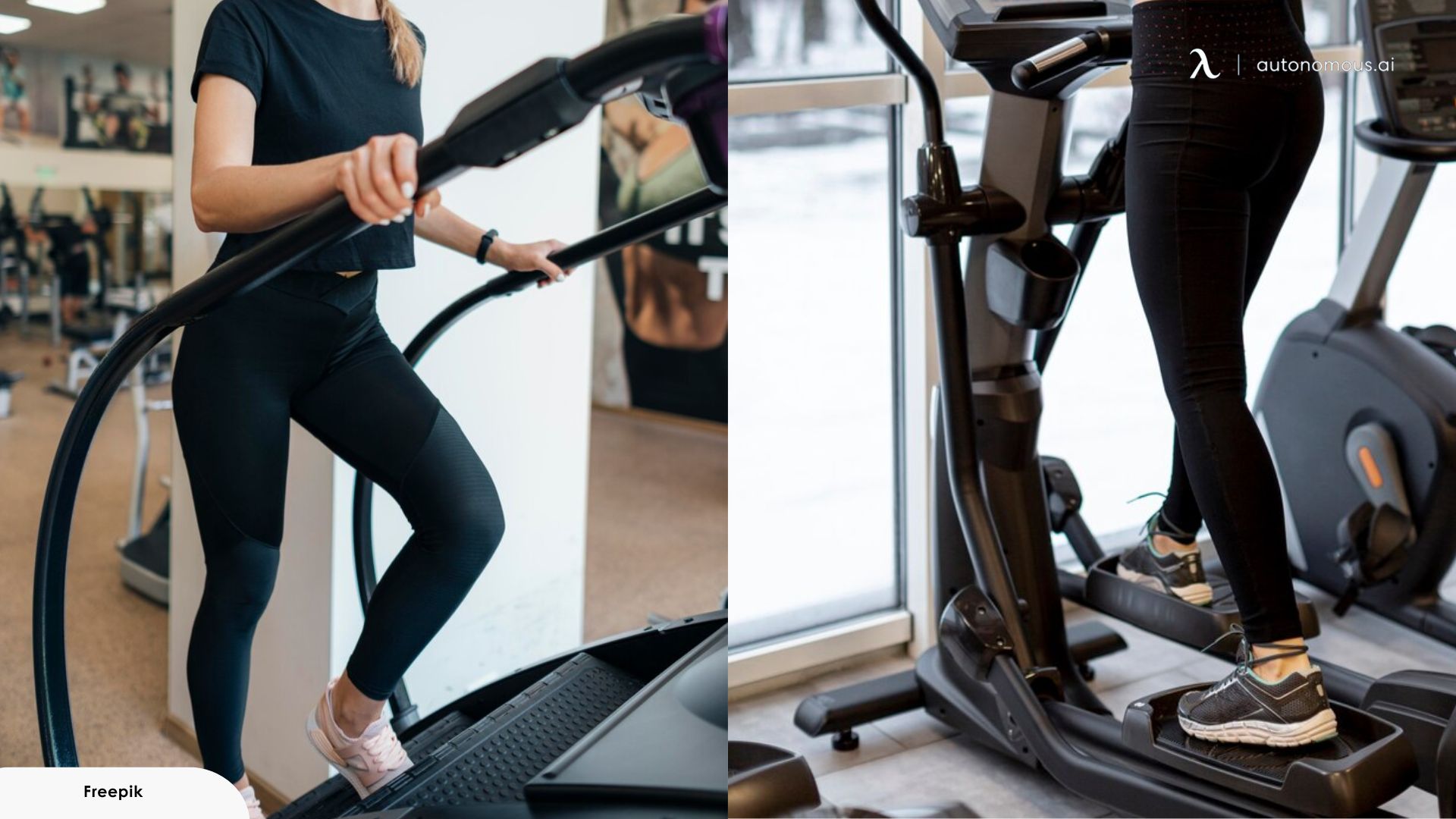
Stair Stepper vs. Elliptical: Which Cardio Machine is Right for You?
Work Wellness | Dec 31, 2024 605 views
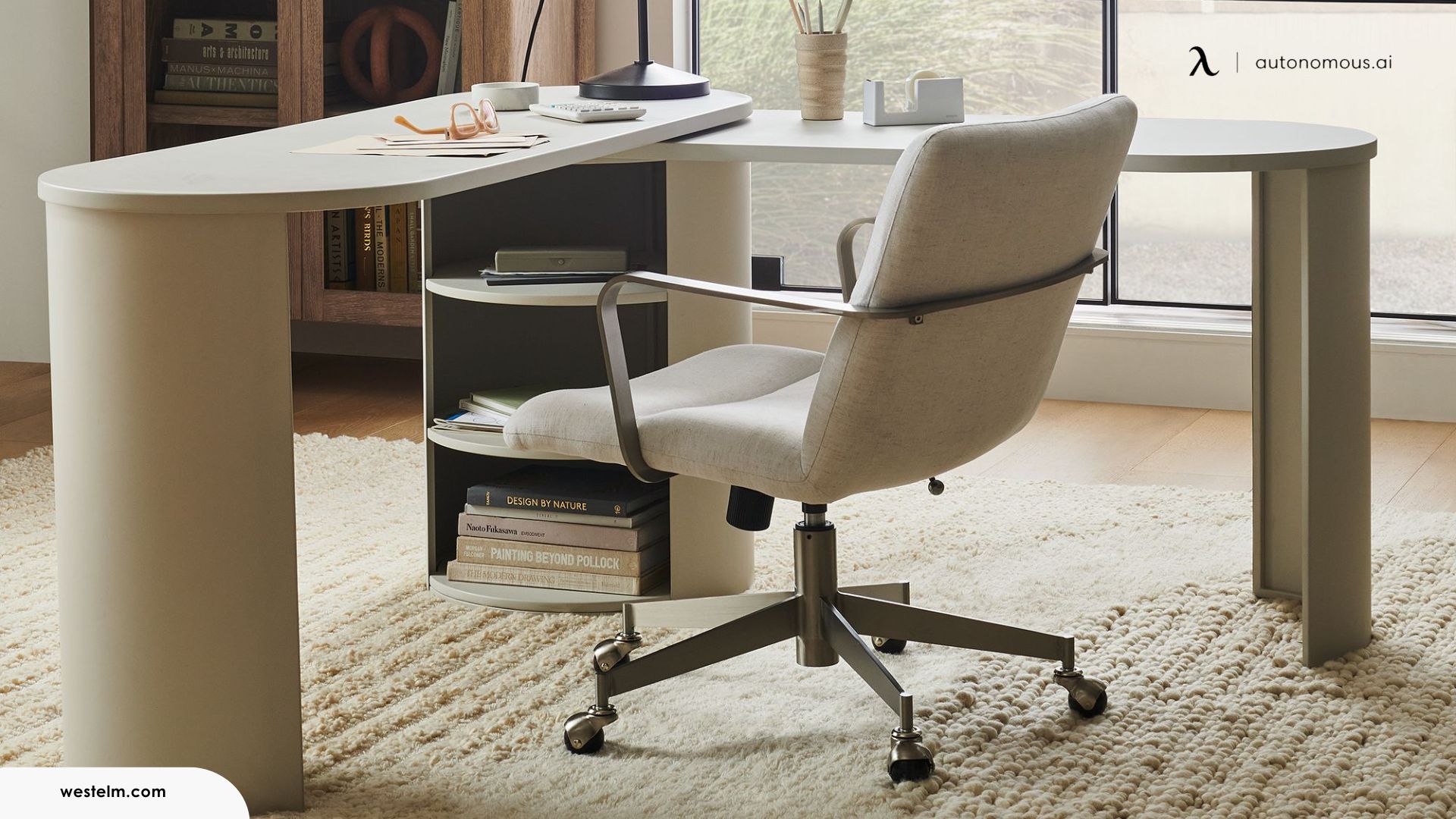
Why is the Swivel Desk a Game-Changer for Your Workspace?
Workplace Inspiration | Jan 2, 2025 1,044 views
